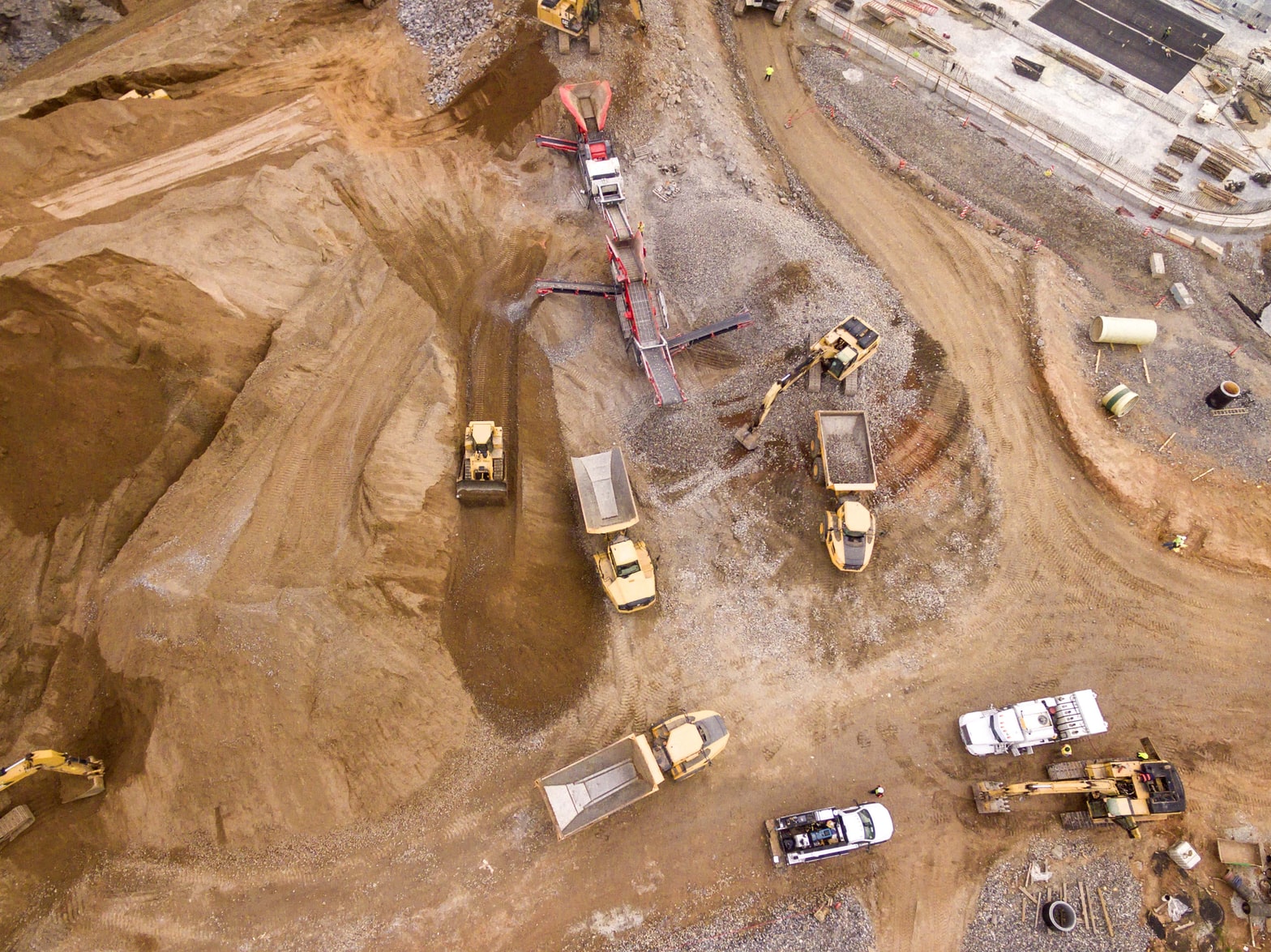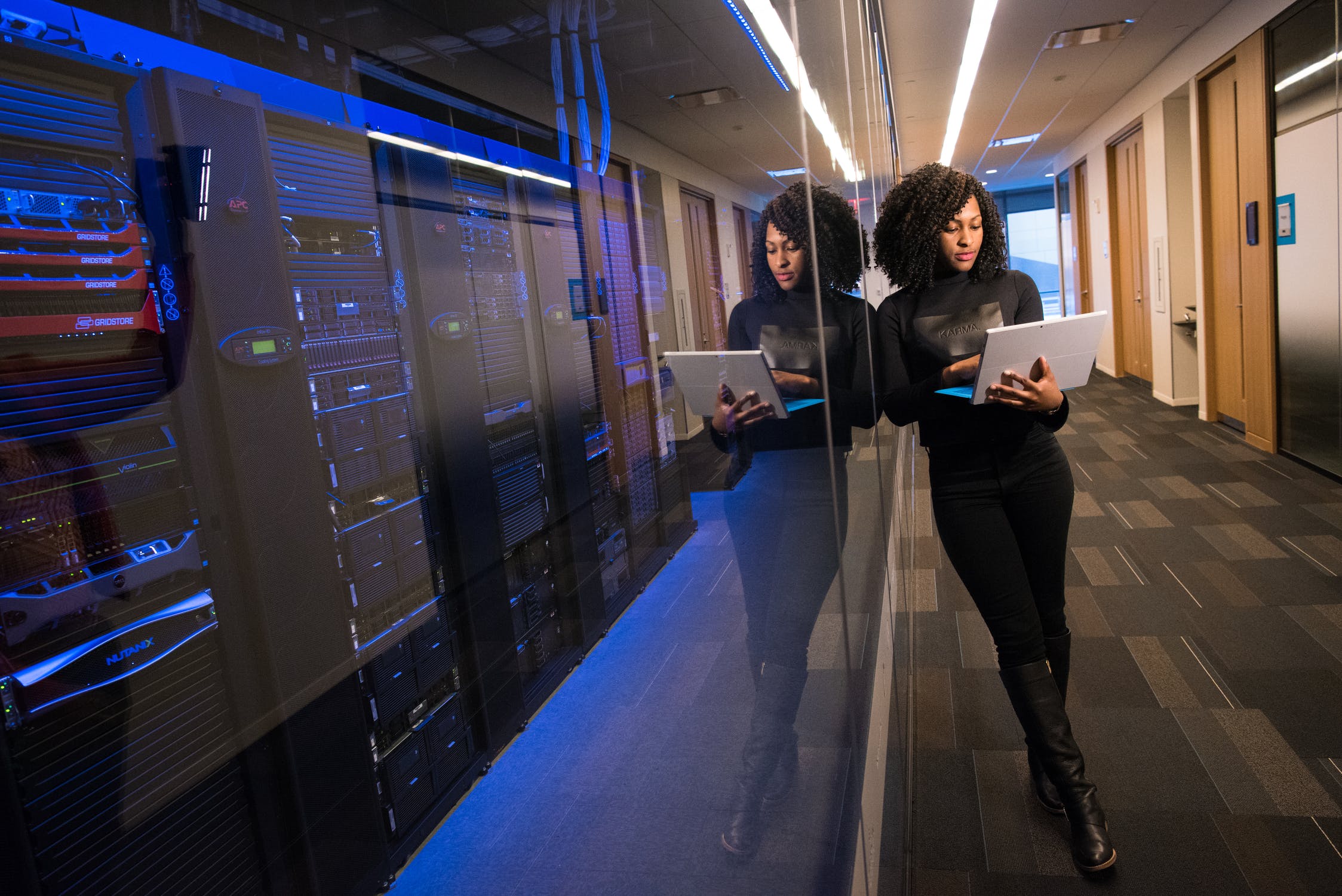How is Bitcoin Created?
Ayelen Osorio
Content Marketing
People are perplexed by the idea of Bitcoin (digital money) because it’s not issued or managed by governments and banks. That’s why one of the most frequently asked questions is this: “how is Bitcoin created? How is it possible that no one creates Bitcoin yet somehow it magically appears?” The more people learn about Bitcoin the more baffling it sounds.
Today we’ll go over how bitcoin is created, why this matters, who decided it should be created this way and more. But first! A blast from the past.
The California Gold Rush
On January 24, 1848, a carpenter named James Wilson Marshall found flakes of gold in the American River (California) while working to build a water-powered sawmill owned by John Sutter.
They tried to keep this a secret but word spread of the discovery of gold. Thousands of people travelled to San Francisco in search of gold and unimaginable wealth. People even borrowed money, mortgaged their properties and spent their life savings just to make the trip to California.
During the Gold Rush, miners extracted more than 750,000 pounds of gold and a total of $2 billion worth of precious metals. In fact, the California Gold Rush is arguably one of the most significant events to shape American history.
Gold mining was difficult and dangerous work. Getting rich required a ton of good luck, skill and hard work so why bother becoming a miner in search of gold? Because it was the properties of gold — its durability, scarcity and the gruelling labour of extracting it from the ground — that made gold very valuable.
These are also characteristics that Bitcoin shares, which is why Bitcoin is often called “digital gold” or “gold 2.0.” Just like gold gets mined, Bitcoin gets mined too although not in the traditional sense of the word.

What is Bitcoin Mining?
Similar to gold mining, Bitcoin mining requires miners, the right equipment, a ton of work and some good luck. But if Bitcoin is digital money, what exactly are Bitcoin miners mining? And are they also using a shovel and panning techniques?
Not exactly. Think of Bitcoin miners as auditors. Instead of excavating out of the ground like gold miners do, Bitcoin miners are reviewing and verifying all Bitcoin transactions. In doing this audit work, Bitcoin miners play a critical role in keeping the integrity and accuracy of Bitcoin’s network, hence why we don’t need a bank or government to monitor Bitcoin. As a reward for their honourable work, Bitcoin miners get rewarded some Bitcoin!
What is the Criteria for Miners to get Rewarded Bitcoin?
Not all miners get rewarded with Bitcoin. Some miners work really hard and may never get Bitcoin. That’s because miners have to meet two criteria in order to get rewarded Bitcoin:
1) They have to verify ~1 megabyte (1MB) worth of transactions. This is the easy part.
2) They have to be the first miner to arrive at the right answer, or closest answer, to a numeric problem.
A numeric problem? Yes!
The great news for miners is that this numeric problem is all guesswork and no advanced math or computation or genius is involved. The bad news is that it’s still guesswork! The total number of possible guesses are ~60 SEXTILLION (60,000,000,000,000,000,000,000). On top of that, every 10 minutes a new numeric problem is created.
In theory, you could be a miner that decides to solve the numeric problem by hand but I’m sorry to break it to you — it might take you about 12471241271298412 years to arrive at the answer. Or, you could use your computer but it might take you 50 years to guess the answer. Both of these options are painful.
That’s why miners need really insane and powerful computers to run as many guesses as quickly as possible in order to arrive at the right answer first and get rewarded with Bitcoin.

Who Decided Bitcoin Should be Mined?
Who decided that mining should be required, even what these numeric problems should be? Satoshi Nakamoto, sort of. Satoshi Nakamoto is the anonymous creator of Bitcoin and whether they are a he/she/they remains a mystery. It was Nakamoto who wrote the first code of the Bitcoin Protocol, stating what the rules and limitations should be. In my head, they coded something along these lines:
“Release a new numeric problem every 10 minutes. The problem should always be solvable. If it takes longer than 10 minutes to solve, make the problem easier. If it takes less than 10 minutes, make the problem harder. Once the problem is solved, release Bitcoin.”
Fun fact: The Bitcoin Protocol was written in C++ (a programming language). It was also released as Open Source Software under the MIT License, “making it free as in beer” (as the saying goes). This phrase applies to software products that are freely available for anyone to use and enjoy, like Bitcoin.
Why is Bitcoin Mined?
But why make code (of all things) release money? Why not let people or institutions release Bitcoin? Because people are prone to make mistakes. Their intentions, personal opinions, political stands, economic beliefs will skew the release of Bitcoin one way or another. Take for example, the dollar. A group of elite people decide how much money should be released and those decisions can have serious consequences, like creating hyperinflation.
In 2007, Zimbabwe printed too much money. They had a 89.6% SEXTILLION hyperinflation over a year. You needed barrels of cash just to buy a loaf of bread. This hyperinflation drove the country into extreme poverty.
That’s why Nakamoto decided that it should be left to code (who could be trusted) to release the numeric problem (and Bitcoin) in a consistent manner. In this way, the release of Bitcoin is predictable, programmable and reliable. We cannot release all the Bitcoin at once or speed up the release of Bitcoin by much because the code won’t allow it.
Why We Can’t Change the Bitcoin Code
If it’s up to code, can’t we just change the code and release all the Bitcoin at once? You could but it’s almost impossible.
It’s estimated that Bitcoin mining requires the network to use more energy than 159 countries around the world. If you’re a miner that wants to hack the system to get all the Bitcoin or change the code, well you’re going to have to double the computing power of all those countries – and that’s a LOT of money, time, resources and effort.
In addition to making Bitcoin miners wealthier, Bitcoin mining serves another very important role. Bitcoin mining is essentially the only way to release new Bitcoin into the economy. Miners are basically “minting” currency. So every single Bitcoin in existence came into being because of a miner, just like gold did.

Last Thoughts
It’s true that Bitcoin is created differently than our traditional dollar, but it’s not that different to the way gold is mined, released and valued. That’s a good thing because gold has done a fantastic job at being a great store of value for the last 4,000 years. For millennia, people have built their wealth from gold.
But now we live in a digital world and we need digital solutions to reflect the world in which we live. Enter Bitcoin.
Bitcoin takes the best qualities of gold and makes it digital. It’s easy to send Bitcoin around the world, it’s hard to fake and produce because of the arduous mining process, it’s durable and it’s finite. In an ever-growing digital world, it’s becoming more and more important to hold valuable digital assets like Bitcoin.
PS. Looking to invest in Bitcoin or crypto? Check out blog.netcoins.com
Thanks for reading. For more blogs on all things in Bitcoin, you can read more here.
Written by: Ayelen Osorio
Writer, content marketing at Netcoins.